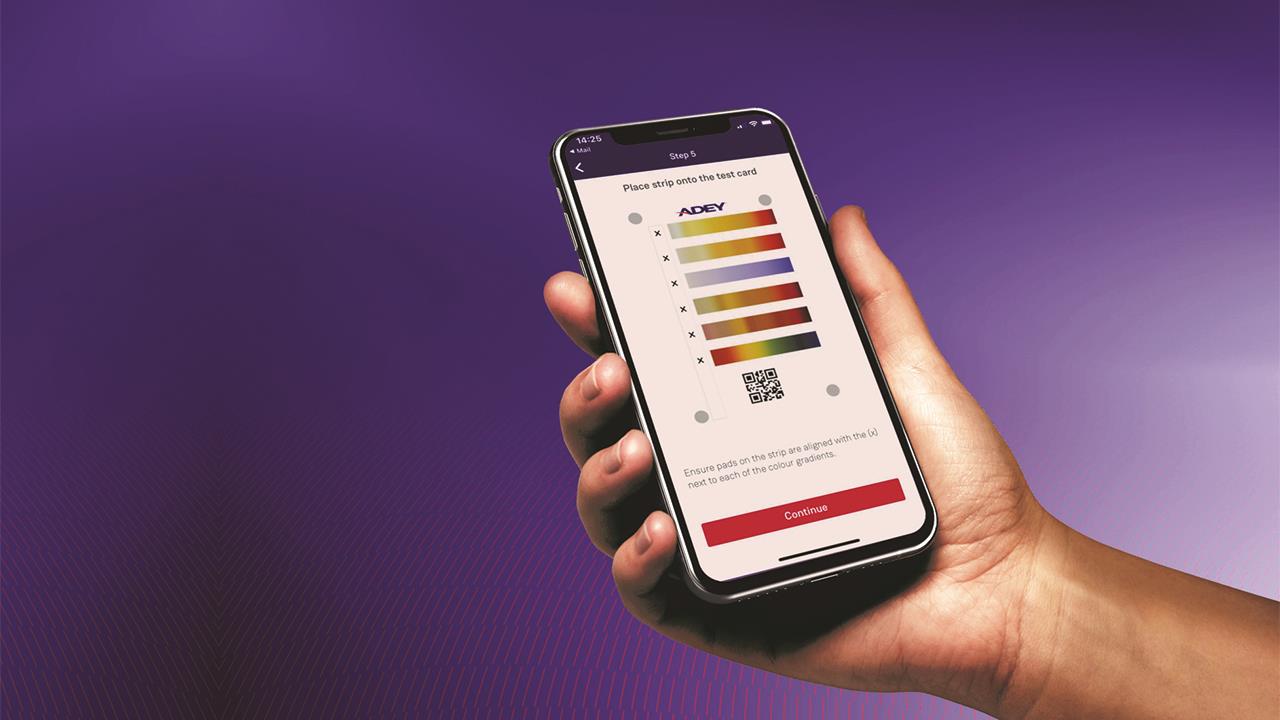

Tom Hood, UK Sales Director at ADEY, looks at how installers can help customers reduce the risk of unexpected breakdowns while securing a steady income stream.
After a period when many installers will have been working purely on emergency breakdowns, the opportunity to re-engage with customers and re-educate them about the importance of regular maintenance is returning.
Although consumers are now tightening their purse strings, making vital appliances such as central heating last as long as possible will save them money in the long run. At the same time, installers can take advantage of technology to introduce a regular revenue stream and safeguard their businesses for the future.
Cost barrier
According to independent market research carried out by ADEY, 88% of consumers would act on their heating engineer’s recommendations. Despite this, only about a third of installers recommend fitting a filter, even when repairing a boiler breakdown. The most common reason cited was that fitting a filter would add to the cost of a quote and make it look too high.
With consumers naturally more careful about expenditure during this uncertain period, convincing them to part with extra money can be a challenge, especially if they struggle to understand the value of carrying out water treatment and fitting a filter.
However, consider this: 80% of all boiler breakdowns in their first five years are due to sludge. It costs on average £270 to fix a boiler when it breaks down, so it could cost your customer more, further down the line, if system health is not maintained properly. Taking preventative action to stop sludge from building up in the first place can also improve the efficiency of their heating system, potentially saving a homeowner up to £80 a year.
Visible problem
The problem with poor quality water is that it is inside heating systems and hidden away. But, out of sight means out of mind. By enabling homeowners to see the problem for themselves, they will be able to better understand the effects sludge has on poorly maintained heating systems.
The tell-tale signs of sludge may already be noticeable to a customer – radiator cold spots, loss of pressure, leaks, banging in the system, lukewarm water from taps, or boilers simply turning themselves off.
Visual demonstration tools, such as a magnet or inhibitor strip, can give the homeowner a better understanding of what’s happening inside their system. In addition, ADEY’s new ProCheck allows the heating engineer to carry out a lab-style water test on-site to detect for corrosion levels, inhibitor levels, and PH levels within minutes, producing an easy to understand report and recommendations for treatment while still at the property.
Once customers are aware of and understand the problems associated with poor water quality, they are much more likely to be interested in hearing about best practice water treatment services that can prevent them.
Futureproofing
In addition to working harder to educate homeowners to accept added value products which protect the home for longer, in the wake of such uncertainty, many installers will also be thinking about how they can offer products and services to generate recurring monthly revenue that provide more stability. This is where smart technology enables installers to offer service plans that include remote system monitoring.
For example, there are filters available that can detect the amount of sludge being captured in the filter and alert the installer so action can be taken before it causes a problem. This service does not have to come for free and can be added on as a small charge to a monthly service plan.
Introducing bespoke servicing and monitoring plans are an ideal way to retain customers between servicing and guarantees a regular income during the quieter months.
A service and monitoring plan can also give customers the peace of mind that their system will be looked after and maintained, while at the same time helping to spread the cost over a period of time.
Despite the current climate, there are still opportunities for installers to grow their business and prepare for the future. By having insightful conversations with their customers about the importance of keeping system water clean, and what solutions are available before autumn fully kicks in, installers can help homeowners guard against boiler breakdowns and boost their revenue at the same time
If you'd like to keep up-to-date with the latest developments in the heating and plumbing industry, why not subscribe to our weekly newsletters? Just click the button below and you can ensure all the latest industry news and new product information lands in your inbox every week.